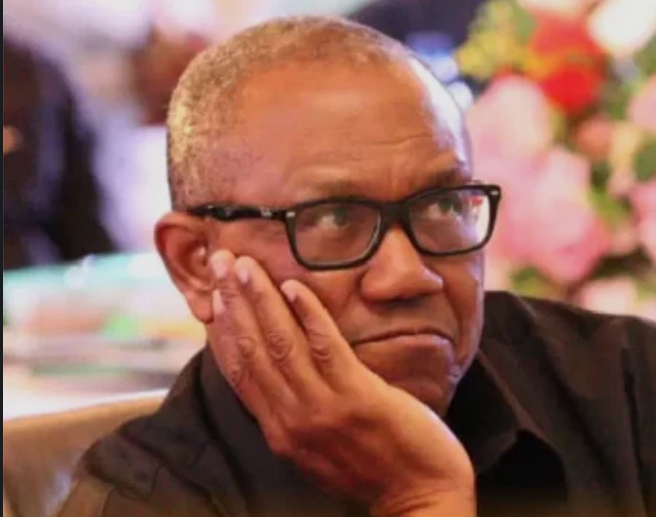 2027 Elections: ADC Coalition Faces Internal Strain as Obi, Atiku, and Amaechi Clash Over Party Direction
2027 Elections: ADC Coalition Faces Internal Strain as Obi, Atiku, and Amaechi Clash Over Party Direction
The African Democratic Congress (ADC)-led coalition, once hailed as a strong alternative bloc for Nigeria’s 2027 presidential election, is showing cracks. Fresh reports indicate growing division among key players such as Peter Obi, Atiku Abubakar, and Rotimi Amaechi, raising questions about the coalition’s unity and long-term viability.
Allegations of Manipulation
Former ADC presidential candidate Dumebi Kachikwu sparked controversy after accusing certain coalition leaders of “packaging” the ADC structure to favor Atiku Abubakar’s presidential ambition. According to him, state structures and zoning plans are quietly being aligned to Atiku’s advantage, leaving other aspirants sidelined.
This allegation has triggered unease within the coalition and stirred debates among supporters who see the ADC as a platform for fairness and inclusion.
Peter Obi’s Discontent
Popular opposition figure Peter Obi is reportedly dissatisfied with how the coalition is evolving. While he has declared his intent to contest the 2027 election, insiders suggest he feels the playing field within the ADC is tilted against him.
Obi’s supporters have urged him not to allow himself to be overshadowed or pressured into abandoning his presidential bid. Some argue that if zoning or backroom agreements are used to edge him out, he may withdraw from the alliance altogether.
Amaechi’s Position
Former Minister of Transportation Rotimi Amaechi has also been linked with the ADC coalition. Like Obi, Amaechi is believed to be exploring the platform for a potential presidential run. However, analysts note that the internal wrangling and alleged bias toward Atiku could weaken Amaechi’s chances within the coalition.
 Coalition Officials Respond
Coalition Officials Respond
Despite the growing speculation, ADC officials have dismissed claims that Peter Obi or other leaders have abandoned the coalition. The party insists that unity remains intact and that its doors are still open to credible candidates willing to drive national development.
However, critics argue that repeated accusations of manipulation could damage the coalition’s credibility if not addressed quickly and transparently.
What This Means for the 2027 Election
- Coalition Unity at Risk – If Obi or Amaechi feel sidelined, they could withdraw, fracturing the coalition before the elections.
- Zoning Debate Intensifies – Pressure for the presidency to rotate back to the South may complicate Atiku’s chances.
- Public Trust Factor – Any perception of bias or political manipulation could erode voter confidence in the coalition.
- Alternative Candidates – Speculation around other names, such as former President Goodluck Jonathan, shows the coalition may be keeping backup options open.
Final Thoughts
The ADC coalition’s promise of offering Nigerians a united front ahead of 2027 is now overshadowed by internal mistrust and political maneuvering. With Peter Obi, Atiku Abubakar, and Rotimi Amaechi all eyeing the top seat, the coming months will determine whether the coalition stays united or collapses under the weight of personal ambitions.
For many Nigerians seeking change, the biggest question remains: Can the ADC coalition survive its internal battles long enough to challenge the ruling party in 2027?